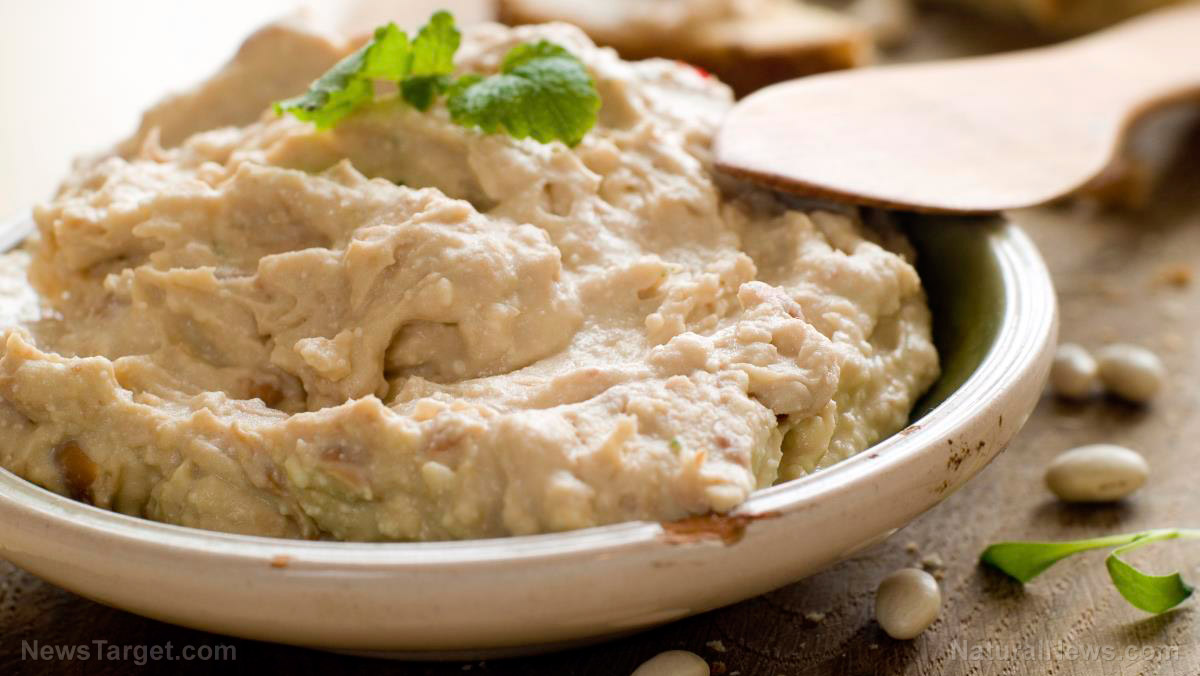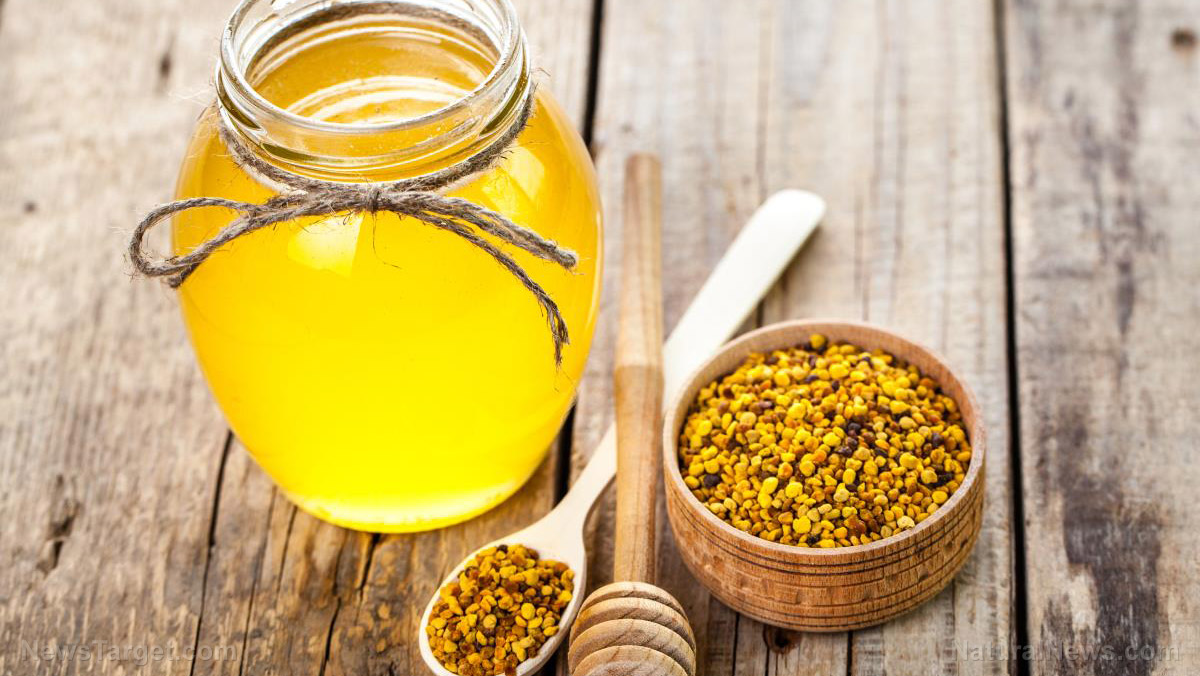
Both chickpeas and sesame seeds are superfoods in their own right. Chickpeas, also known as garbanzo beans, are rich in protein, potassium, and dietary fiber. These nutrients help them provide certain health benefits, such as being able to reduce inflammation. On the other hand, the sesame seeds present in tahini are packed with essential amino acids and healthy fats which help regulate blood pressure and cholesterol. These benefits contribute to hummus' reputation as a clean and healthy food.
Benefits of chickpeas
While tahini and other ingredients play a part in making hummus as popular and healthy as it is, chickpeas are the true stars of the show. A review published in a recent issue of Nutrients found that those who consume chickpeas and hummus are shown to have a higher nutrient intake of dietary fiber, vitamins A and C, and magnesium compared to non-consumers. Hummus consumers were also found to have a lower total fat intake per day.
Using data from the National Health and Nutrition Examination Survey 2003–2010 dataset, researchers from the U.S. linked the consumption of chickpeas and hummus to lower body mass indices (BMIs) and waist measurements. The data also showed that consumers were 53 percent less likely to be obese compared to non-consumers. Other studies also support this claim, with some concluding that the consumption of pulses – a type of legume that includes chickpeas, lentils, and dry peas – have been associated with a reduced risk of obesity.
Chickpeas, when made into hummus, can also help regulate blood sugar levels. After comparing the blood sugar level of those who consumed white bread with those who consumed hummus, the researchers found that the blood sugar level of those who ate hummus was four times lower.
Is hummus healthy?
The health benefits of hummus come down to how it's made. A variety of hummus products exist in the market, each with their own unique ingredients which could potentially contribute to the nutrient intake or health benefits they provide. (Related: Hummus: Health benefits and tasty homemade recipe.)
The review published in Nutrients also used data from the U.S. Department of Agriculture National Nutrient Database to compare the nutritional profile of common dips and spreads. Researchers found that traditional hummus – made with olive oil, tahini, lemon, and garlic – contains a blend of health-promoting ingredients that allows consumers to maximize their nutrient-to-calorie ratio.
Even dessert hummus, when served with fresh fruit, is a far healthier option than foods like cookies or cake.
Store-bought hummus vs making your own
Hummus is widely available in almost every deli section of grocery stores, but you can easily create your own batch of hummus in the comfort of your own home. Combining the ingredients of traditional hummus in a food processor or blender can give you a delicious and healthy meal in just a few minutes. Making your own hummus also gives you the freedom to add your own flavors to elevate the dish to another level.
When making your own hummus, it is important to make sure that the ingredients you use are healthy and fresh. For the chickpeas, a can of organic chickpeas is usually enough to satisfy most recipes, as well as being quick to prepare and cook. Alternatively, you can try your hand at making home-cooked chickpeas, which are much more difficult to prepare but provide a unique taste you won't get with the store-bought variety.
The oil, however, has less room to work with. Extra-virgin olive oil is the go-to oil in traditional hummus recipes. It adds a unique texture and light fruity taste to the hummus. Regular olive oil isn't recommended as it is often chemically refined, which strips the oil of important flavors. Additionally, steer clear from inflammatory oils such as soybean oil and canola oil.
Any other additions you might want to add to your hummus is entirely up to your discretion and taste.
If you must buy conventional, store-bought hummus, always take the time to read the ingredients list. Always keep an eye out for preservatives such as potassium sorbate and sodium benzoate which are known to be toxic when consumed in high doses.
Hummus is typically eaten alongside flatbread or even oven-toasted tortillas. However, you can add an even healthier kick to the meal by eating it with fresh vegetables like carrots and lettuce.
You can even use hummus in other creative ways, such as in mashed potatoes or pasta. Finding ways to integrate this superfood into your diet is a great way to boost your health and stay fit.
Sources include:
Please contact us for more information.























